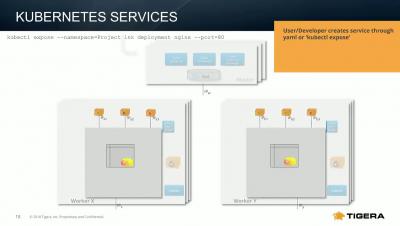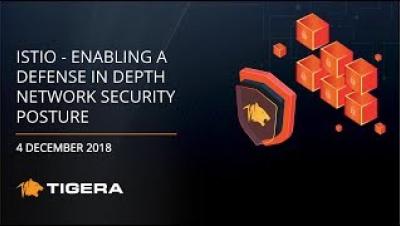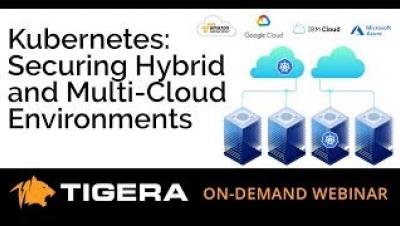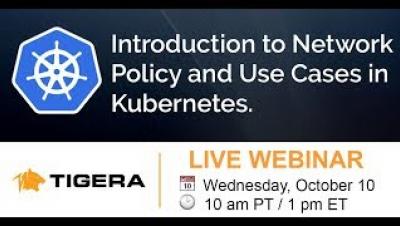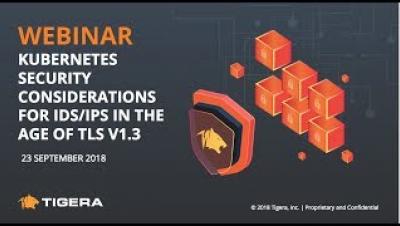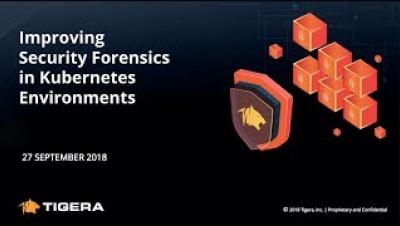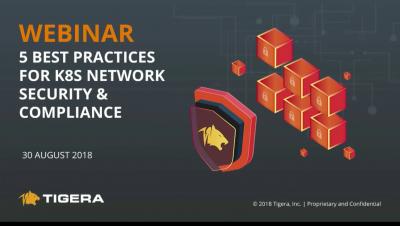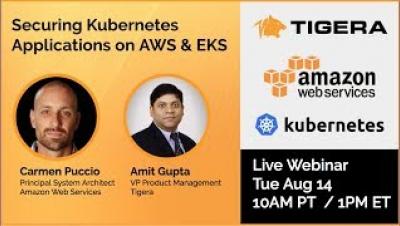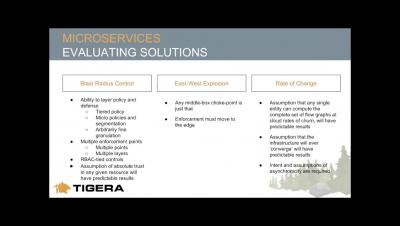Leveraging Kubernetes Services & DNS
The Domain Name System (DNS) is used to associate IP addresses with meaningful names. By default, Kubernetes clusters configure internal DNS to provide for service discovery automatically. This makes it easy for workloads to locate and work with each other on Kubernetes clusters.


